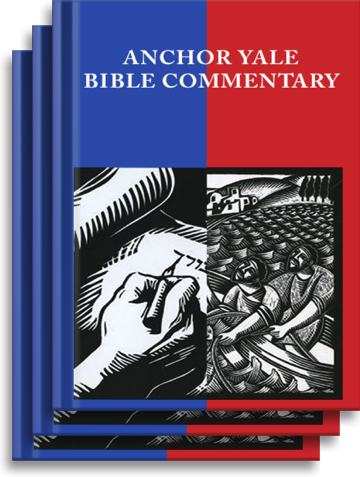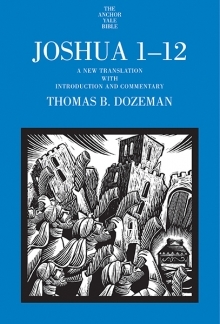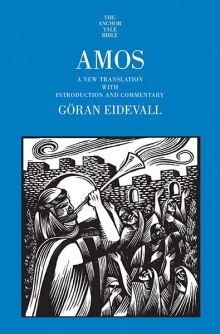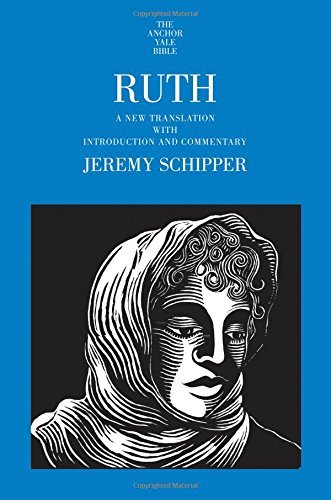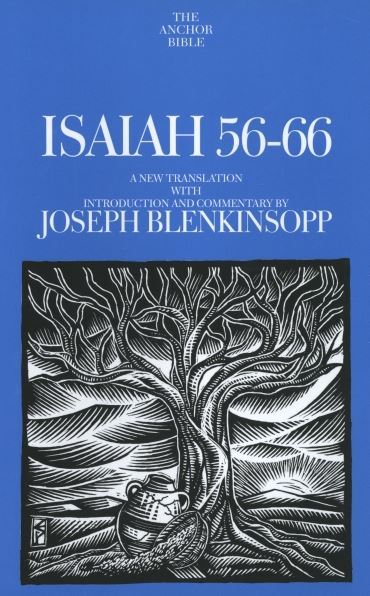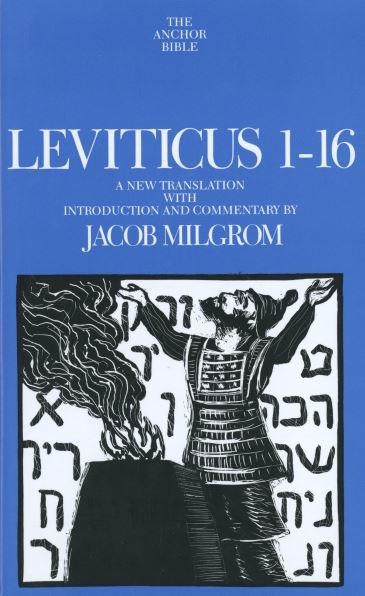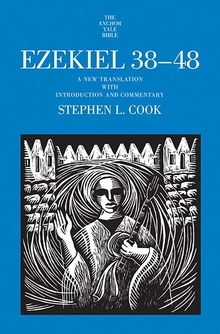



Tobit is the story of a righteous, devout, and charitable man who—blind and miserable—sends his son, Tobiah, to collect on an old loan. To test his faith, an angel joins Tobiah on his journey, and in the end Tobiah returns with the money, a beautiful bride, and a miraculous cure for his father's affliction. Tobit's story touches us precisely because it tells the tale of simple, hardworking everyday folk, who try, despite seemingly insurmountable dangers and difficulties, to be faithful and do good.
Scripture scholar Carey A. Moore's crisp and insightful translation and commentary bring Tobit's tale of justice and righteousness to life. Everybody can relate to these characters. As the commentator himself confesses, "I can honestly say that I really like and admire them. I 'feel at home' with them."
In the prestigious tradition of the Anchor Bible, Moore relates the latest in biblical scholarship through down-to-earth comments that touch the lives of general readers. This is a groundbreaking commentary, the first ever to utilize the Tobit texts from Qumran. Drawing upon a thorough analysis of the book's grammar and philology, literary forms and context, religious and social situation, and historical context, Moore offers the most informed and up-to-date commentary available on Tobit. This is truly an indispensable companion to anyone interested in Tobit and the Bible.
Carey A. Moore is Amanda Rupert Strong Professor of Religion at Gettysburg College in Gettysburg, Pennsylvania, where he lives. Tobit is his fourth commentary in the Anchor Bible series; other volumes include Esther (7B), Judith (40), and Daniel, Esther, and Jeremiah: the Additions (44).
THE ANCHOR YALE BIBLE COMMENTARY SERIES is a project of international and interfaith scope in which Protestant, Catholic, and Jewish scholars from many countries contribute individual volumes. The project is not sponsored by any ecclesiastical organization and is not intended to reflect any particular theological doctrine.
The Anchor Yale Bible is committed to producing commentaries in the tradition established half a century ago by the founders of the series, William Foxwell Albright and David Noel Freedman. It aims to present the best contemporary scholarship in a way that is accessible not only to scholars but also to the educated nonspecialist. Its approach is grounded in exact translation of the ancient languages and an appreciation of the historical and cultural context in which the biblical books were written supplemented by insights from modern methods, such as sociological and literary criticism.
